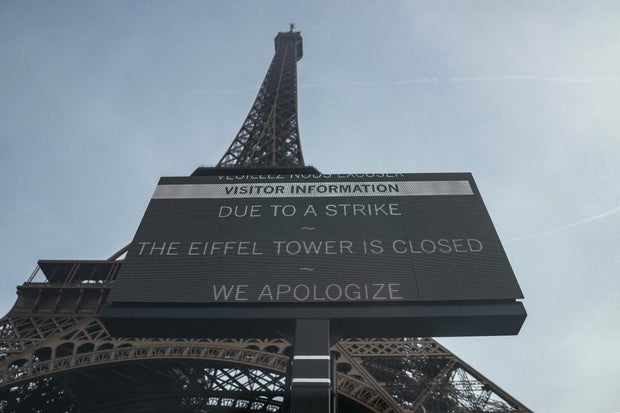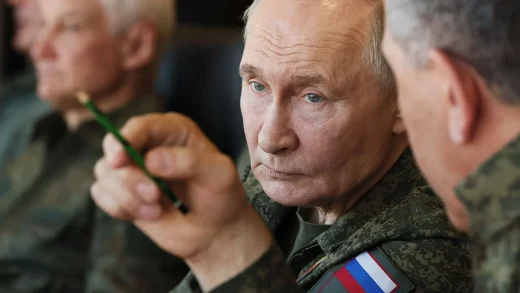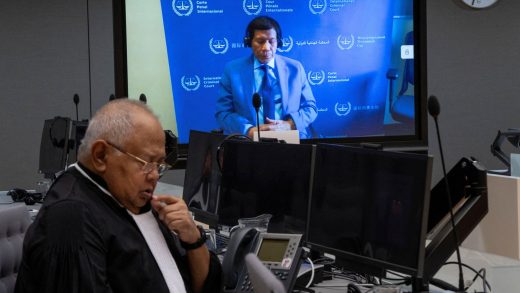The Eiffel Tower was closed on Thursday due to a nationwide strike in France by the country’s major unions.
Protesters took to the streets of more than 200 towns and cities across France to denounce spending cuts and demand higher taxes on the rich — the latest of a series of protests that started last month amid political turmoil and heated budget talks.
In Paris, thousands of workers, retirees and students started marching on Thursday afternoon from Place d’Italie. A sign at the Eiffel Tower informed visitors that it was closed due to the strike and apologized.
ALAIN JOCARD/AFP via Getty Images
Unions are urging Prime Minister Sébastien Lecornu to abandon draft budget measures proposed by his predecessor, which include social welfare freezes and austerity measures that many say will further erode the purchasing power of low-paid and middle-class workers. They also call for higher taxes on the wealthy.
Lecornu, appointed last month, has not yet unveiled the details of his budget plans and has yet to appoint his government ministers, which is expected in the coming days. The deeply divided parliament is to debate the budget bill by the end of the year.
Sophie Binet, head of the CGT union, said Thursday: “It’s true, it’s the first time that there are three days of strikes and protests in a month without a government or budget. It shows the level of social anger.”
Speaking on BFM TV news broadcaster, she was asked about the timing of the latest action: “Why are we protesting now? Because we feel that it’s now that the decisions are being made, and we want to be heard.”
The union said nearly 600,000 people took part in strikes and protests nationwide, France 24 reported. The Paris Police Prefecture said about 24,000 people participated in the demonstration in Paris.
SNCF, the national rail company, said high-speed train services were running normally Thursday while some regional lines were affected by partial disruptions. In Paris, metro traffic was close to normal, but many commuting trains were running at reduced capacity.
Some teachers and health care workers also joined the strike, which follows protests last month. On Sept. 18, more than 500,000 demonstrators marched in France’s small towns and big cities, including Paris, according to figures from police and the interior ministry. Unions reported more than 1 million strikers and protesters nationwide. The week before, a day of anti-government action across France saw streets choked with smoke, barricades in flames and volleys of tear gas amid the “Block Everything” campaign.



